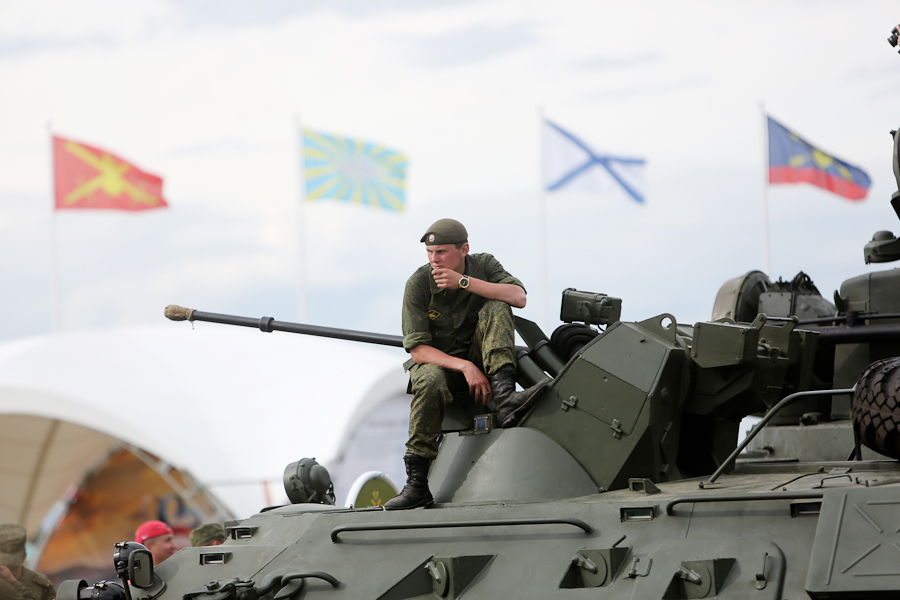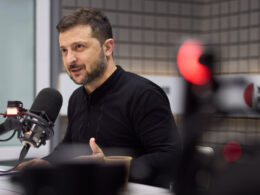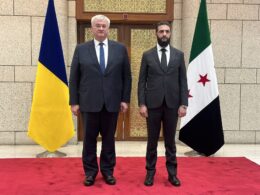The situation in Syria has forced Russia to withdraw its military contingent from bases in the country urgently. These forces might end up on the frontlines in Ukraine but are unlikely to significantly affect the situation on the battlefield, says Andrii Kovalenko, the head of the Center for Countering Disinformation at Ukraine's National Security and Defense Council.
On 8 December, Bashar al-Assad, who ruled Syria for 24 years, fled the country. This marks a major setback for Russia, whose military intervention over the past ten years sustained Bashar al-Assad’s regime in exchange for access to the Tartus port and Khmeimim airbase for operations in the Middle East and Africa.
Kovalenko stated that as of summer 2024, approximately 6,000–7,500 Russian military personnel, including representatives of private military companies, were based in Syria.
"Even if all these forces are redeployed to Russia and subsequently sent to fight against Ukraine, it will not substantially influence the situation on the front, given the Russian army's high daily losses in assault operations. Moreover, part of these troops might be transferred to Africa," he noted.
Previously, Ukrainian President Volodymyr Zelenskyy compared the regime of Bashar al-Assad in Syria and the regime of Russian leader Vladimir Putin.
Putin to seek retaliation for Assad’s regime fall in Syria, says Zelenskyy
He said that all the regimes supported by the Russian ruler operate due to a network of prisons and torture chambers that are being established across the territories they control.
Zelenskyy stated that Russia is a “prison state” that conducts repressions against the indigenous people—the Crimean Tatars, Ukraine’s largest Muslim community, journalists, and political activists.
Related:
- Syria’s Assad flees Damascus as opposition forces take control of capital
- Ukrainian intel: Russia evacuates military bases as Assad regime falls in Syria
- Ukraine on Assad’s downfall: All who side with Putin will face this, for he always betrays
- Assad’s collapse shatters Russian global power dreams





